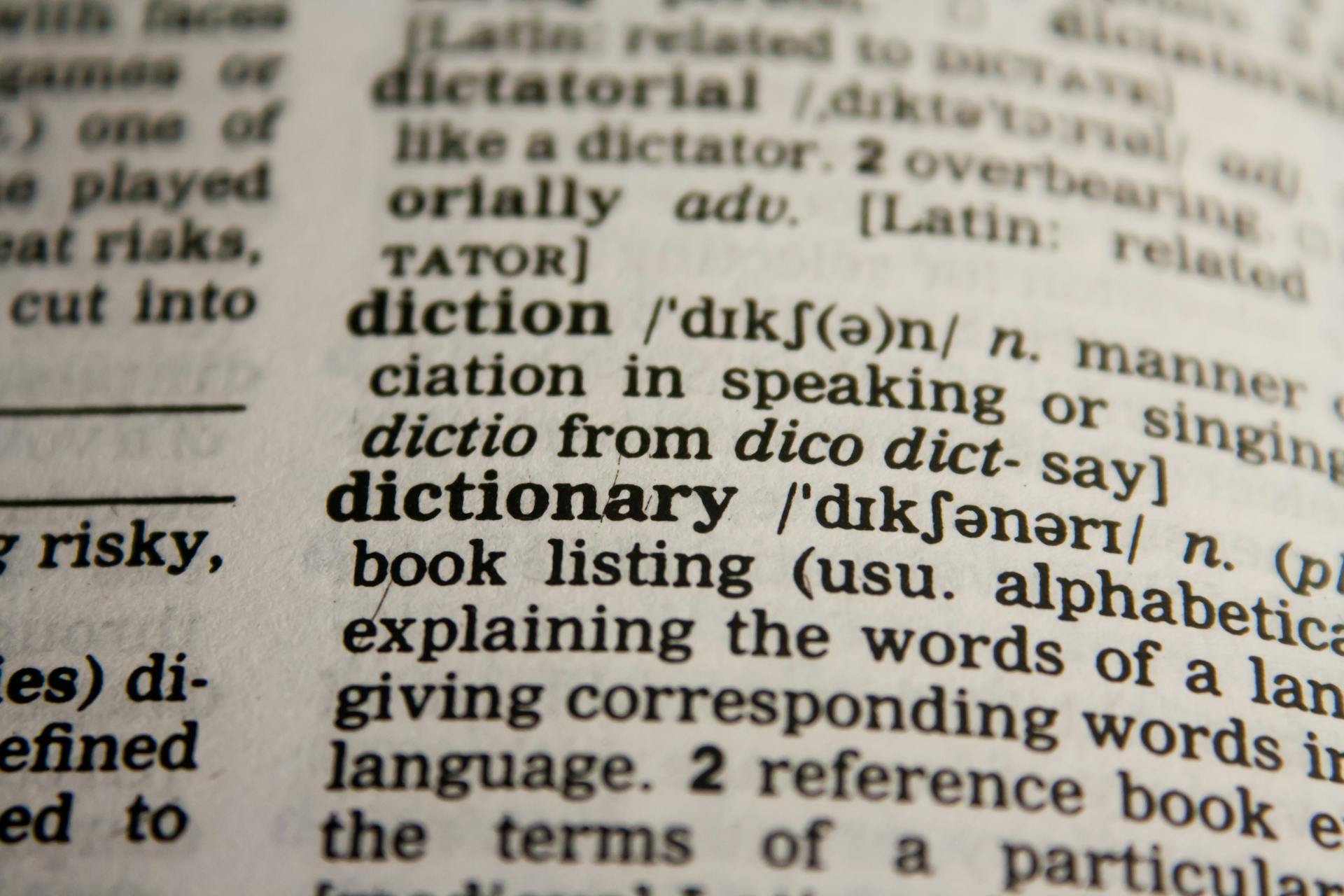
English for academic purposes is an essential language skill that many students struggle with. Whether you're a native English speaker or an English learner, mastering academic English can be challenging. From grammar and vocabulary to writing norms and speaking with confidence, there are many obstacles to overcome.
In this blog post, we'll explore some of the biggest obstacles that English learners face when trying to write academic English. We'll discuss important ways including how to tackle these issues head-on and provide tips for improving your skills. This portable PDF is perfect for anyone looking to study English for academic purposes, as it's easy to copy download and take with you on-the-go. So whether you're a student struggling with writing assignments or someone who wants to improve their advanced-level academic English skills, read on!
Related reading: English Descriptive Writing
Why Study English for Academic Purposes?
Key reasons to study academic English
Are you planning to attend an English-speaking university or educational organization? Then, studying academic English is essential. Writing good essays and communicating effectively with your academic audiences requires a high level of grammar knowledge, vocabulary, and writing skills.
Understanding English for Academic Purposes will help you read academic publications, keep up with the latest scientific papers, conference reports, and other reading lists. Although it can be pretty difficult for casual English learners to master writing skills required for publication formats in different fields of study, practice in academic writing can lead to significant improvement. So start overcoming the challenges of mastering vocabulary and writing skills today!
For your interest: English Study Plan
Effective Measures to Take for Your Chosen Content
When it comes to English for academic purposes, taking the right measures can help you improve your learning experience. One effective measure is to view selected items from various sources such as online libraries, academic journals, and e-books. By doing so, you can have access to relevant information that can enhance your knowledge in a particular subject.
Another way of maximizing your English learning experience is by utilizing file sharing services like Dropbox and Google Drive. These platforms enable you to store and share documents with others while keeping them secure. You can also export citations and download PDF zips of academic papers that you find useful for future reference.
In addition, having access to Kindle email addresses allows you to openly distribute electronic books among peers or colleagues who share similar interests. This way, everyone in the group can have access to valuable resources that they might not otherwise have been able to obtain on their own. So if you take these effective measures into consideration, you'll be well on your way towards improving your English skills for academic purposes!
A unique perspective: Benefits of Learning English
Empower Teachers with a Comprehensive Resource Book
English for Academic Purposes (EAP) is an increasingly important area of English language teaching. EAP courses are designed to help non-native speakers develop the language skills necessary for academic study, such as academic reading, writing, and critical thinking. To support teachers in this field, a comprehensive resource book can be incredibly valuable.
This type of resource book should provide access to a wide range of information and materials, including articles from academic journals like the Australian Review of Applied Linguistics Series and Language Teaching. It should also include practical tools for planning lessons, like Tessa Woodward's "Planning Lessons and Courses" and Lidia Rosa Soler's "Cognitive Strategies." Additionally, it should cover specific topics related to EAP, such as technical and academic writing, as well as analyzing theory and designing courses.
To ensure that the resource book is up-to-date and includes the latest research on EAP teaching methodologies, it's important to check its publication date. For example, Ines Busch-Lauer's "Non-Native Writers in English: Aspects of Technical Writing in the Natural Sciences" was published in 2002 but remains relevant today. When using resources found online through Crossref citations or Google Scholar, be sure to log in with your institutional login for full access to data provided by these websites. With all of these resources at their fingertips, teachers can confidently teach EAP courses and help their students succeed.
Readers also liked: English Language Subject Verb Agreement
1. Book description
If you're looking for an all-encompassing guide to English for academic purposes (EAP), this book is for you. It provides a comprehensive overview of the central concerns and analysis syllabus needed to succeed in academic settings.
The author adopts a user-friendly approach, covering everything from study skills and materials learning styles tests to academic style and genre analysis. Not only does it cover general EAP, but it also considers subject-specific language. The book discusses theoretical considerations as well as practical experience issues in a stimulating introspective manner, with clear and concise teaching materials provided throughout the text. If you want to improve your academic writing and speaking skills, this book is an excellent starting point.
A unique perspective: What Is Academic English
2. Reviews
English for Academic Purposes (EAP) is an amazingly comprehensive and valuable book in English language teaching. Recently obtained by Nadezda Silaski, senior lecturer at the Faculty of Economics Belgrade, this book addresses issues that exist today in EFL - English as a Foreign Language teaching. Jordan presents a complete guided tour for EAP teachers and students abroad or modern English teachers who want to teach English for academic purposes.
This book has great relevance since it provides a comprehensive overview of what academic purposes are and how they differ from general English language gazette. It's accessible to everyone interested in improving their knowledge of EAP. AA reduce text, AA enlarge text options make it easy on the eyes regardless of your reading capabilities. In conclusion, this book is one of the best-recommended books to have on your shelf if you're interested in teaching or learning English for academic purposes.
Frequently Asked Questions
What is an “overcoming challenges” essay?
An “overcoming challenges” essay is a type of personal narrative that highlights a specific obstacle or hardship that the writer has faced and how they were able to overcome it. These essays often showcase resilience, determination, and problem-solving skills.
Why is academic English so difficult?
Academic English is difficult because it requires a high level of vocabulary, complex sentence structure, and formal writing style that may be unfamiliar to non-native speakers or those not accustomed to academic writing.
What are the challenges faced by EFL students?
The challenges faced by EFL students include difficulties in understanding and using new vocabulary, grammar rules, pronunciation, and cultural differences.
How can business and academic English lessons Broaden Your Mind?
Business and academic English lessons can broaden your mind by exposing you to new perspectives, ideas, and cultures, improving your communication skills, and enhancing your critical thinking abilities.
What is English for academic purposes?
English for academic purposes is a specialized approach to teaching and learning English that focuses on the language skills needed for success in academic settings, such as universities or research institutions. It includes reading, writing, listening, and speaking skills that are essential for academic work.
Featured Images: pexels.com


